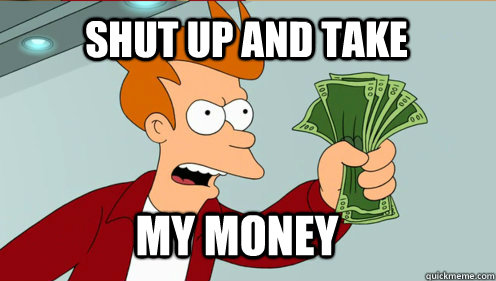“It’s about giving employees permission and encouraging them to just be themselves.” The views of Zappos founder and CEO, Tony Hsieh, perfectly captures the essence between a positive and empowering organizational culture. Hsieh’s advocacy for a strong organizational culture is one of a kind as he actively seeks employees who genuinely embody the core values of the expanding online shoe and clothing shop. Zappos is the model for innovative and unconventional work environments as the training process is uniform for all positions. In essence, Zappos disproves the stereotype that work should be a nine to five job within a cubicle space, and reinvents it to a lifestyle with positive benefits.
An article that discusses this in interesting length is found on the forward thinking business magazine, Fast Company. The article discusses the journey of Tony Hsieh and how he has reached the point of success. Hsieh also reflects on the forces that propelled him to redefine organizational culture to which he stated, “we’re looking for [people] whose personal values match our corporate values. They’re just naturally living the brand. Wherever they are whether they’re in the office or off the clock.” Undoubtedly, Zappos sets the gold standard of a workplace as he has created a company whose mission statement aligns with its employees. This can only reap positive benefits as workers will definitely be more intrinsically motivated thus leading to unparalleled productivity and immeasurable satisfaction. Additionally, the article highlights Hsieh’s emphasis on overall satisfaction in life as he recognizes that, “the goals of happiness aren’t mutually exclusive.” This clearly conveys Hsieh’s intention of creating a tight-night and supportive network that stretches beyond the confines of the Zappos office. Overall, an innovative reconstruction of the OB concept, organizational behavior, has been perfectly executed by Tony Hsieh, and I look forward to seeing where this unique environment takes Zappos in the future.
Word Count: 310

